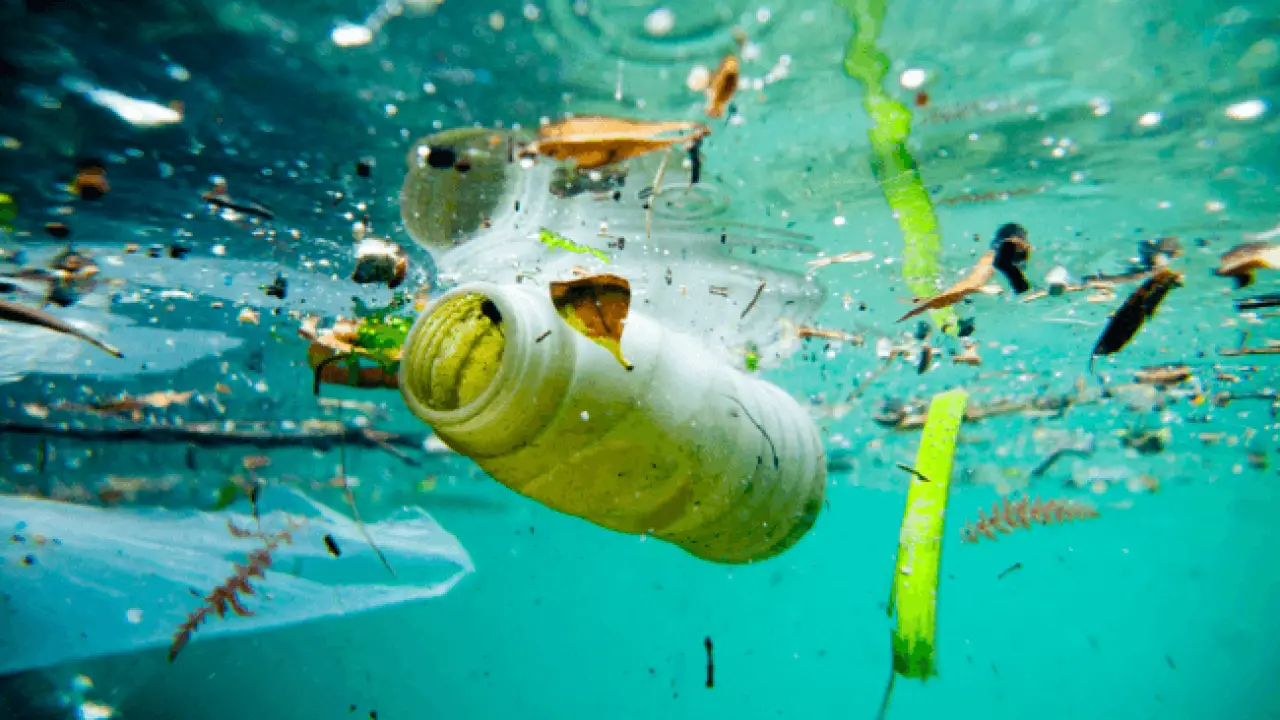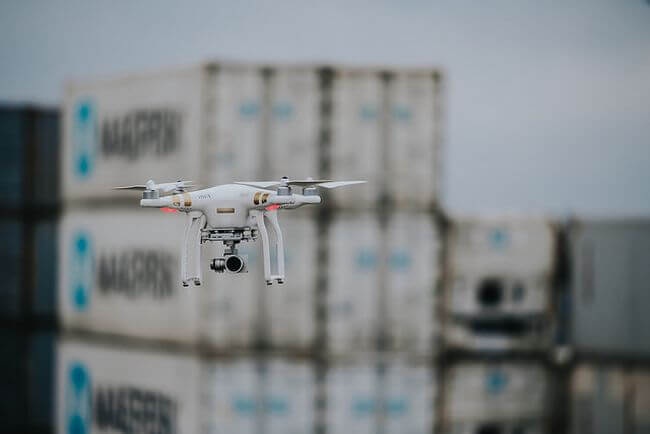Clean Oceans Initiative Reaches A Third Of Its 5-Year-Target In The First Year Itself

Clean Oceans Initiative Reaches A Third Of Its 5-Year-Target In The First Year Itself
Progress on the Clean Oceans Initiative has been reported by the Agence Française de Développement (AFD), the European Investment Bank (EIB) and KfW Group on behalf of the German Federal Government at the IMF/World Bank Group meetings.
In a year’s span of operating, the Clean Oceans Initiative has been able to give financing for more than EUR 700 million long term projects for the reduction and recycling of marine litter and waste that has been accumulated on the land, particularly plastic and discharge of untreated wastewater. The initiative is aiming to finance €2 billion over five years in projects of both the public and private sectors.
Read more: Meaning Of Flotsam And Jetsam In Shipping
The supports projects till now are improved sanitation in Ratmalana and Moratuwa, Sri Lanka, Solid waste management in Lomé, Togo, stormwater management and flooding in Cotonou, Benin, Water and sanitation in Buenos Aires, Argentina, wastewater management in Cape Town, South Africa, and green urban financing and innovation in the Yangtze River Delta in China.
Projects that are against plastic waste in water bodies and on land and those that focus particularly on riverine and coastal areas in the developing countries in Asia, Africa, and the Middle East are identified by the Clean Oceans Initiative. A large amount of waste that enters the oceans comes mainly from ten river systems that are situated in Africa and Asia. These lack access to a collection of waste regularly and a controlled system for waste disposal, adequate wastewater and stormwater management systems.
Read more: The Exxon Valdez Oil Spill Incident
AFD Chief Executive officer Rémy Rioux said: “From Sri Lanka to Togo to Argentina, the Clean Oceans Initiative is proving tremendously effective in raising awareness on marine pollution and the importance of healthy oceans in accordance with Sustainable Development Goal 14. Since it was launched conjointly by EIB, KfW Group, and AFD Group, only one year ago, the initiative has already delivered tangible results, including reducing anthropic pressures on the ocean. This success shows how impactful and central to development partnerships are, which only further encourages all development stakeholders to raise their ambition and continue to preserve our oceans in common.”
EIB President Dr. Werner Hoyer said: “We will not solve the global climate and environment crisis without protecting and cleaning up the world’s oceans. To achieve this, the partnership is key. That is why we are working with KfW and AFD, as well as governments, cities and the private sector, to finance projects that support the health of our oceans. We are very pleased with the progress achieved during the first year of the Clean Oceans Initiative and welcome the commitment from the National Promotional Bank of Spain, ICO, to join the initiative. This is a real success story and sends the strong message that European development finance institutions are working effectively together to address global challenges and to strengthen Europe’s leadership on climate action around the world”.
KfW CEO Dr. Günther Bräunig said: “The promising progress and the significant contribution to the preservation of the oceans are obvious and show us, that we are on the right track. But we would like to go even further and draw the attention also to the Joint Initiative on Circular Economy (JICE), launched in July by various European partners. It goes beyond recycling and starts already at the beginning of circular value chains within the EU with total financings of EUR 10 billion. Hence, COI and JICE may be considered as complementary initiatives with the common target to significantly reduce the threats to the environment and to the oceans caused by excessive waste consumption, in particular plastic waste. The motto is: prevent, reuse, recycle!”
Reference: cleanoceansinitiative






